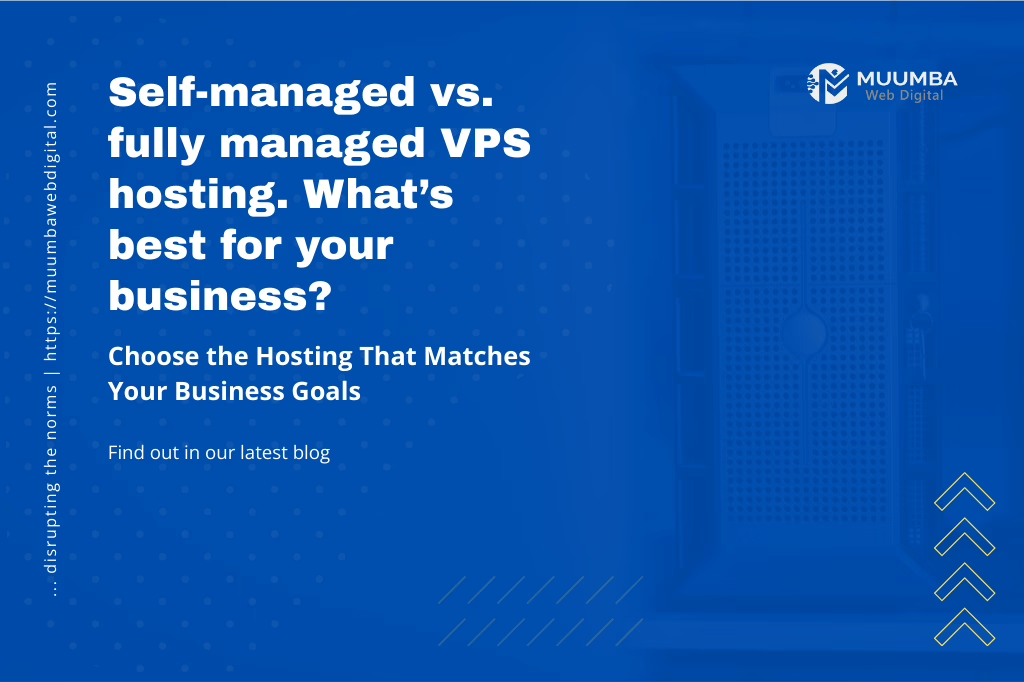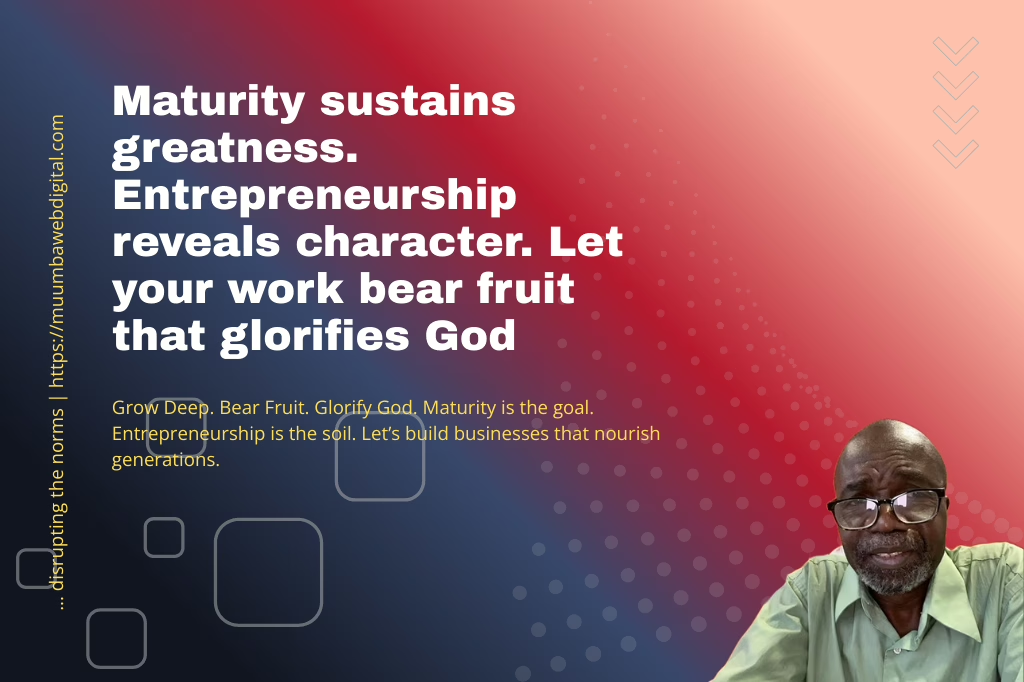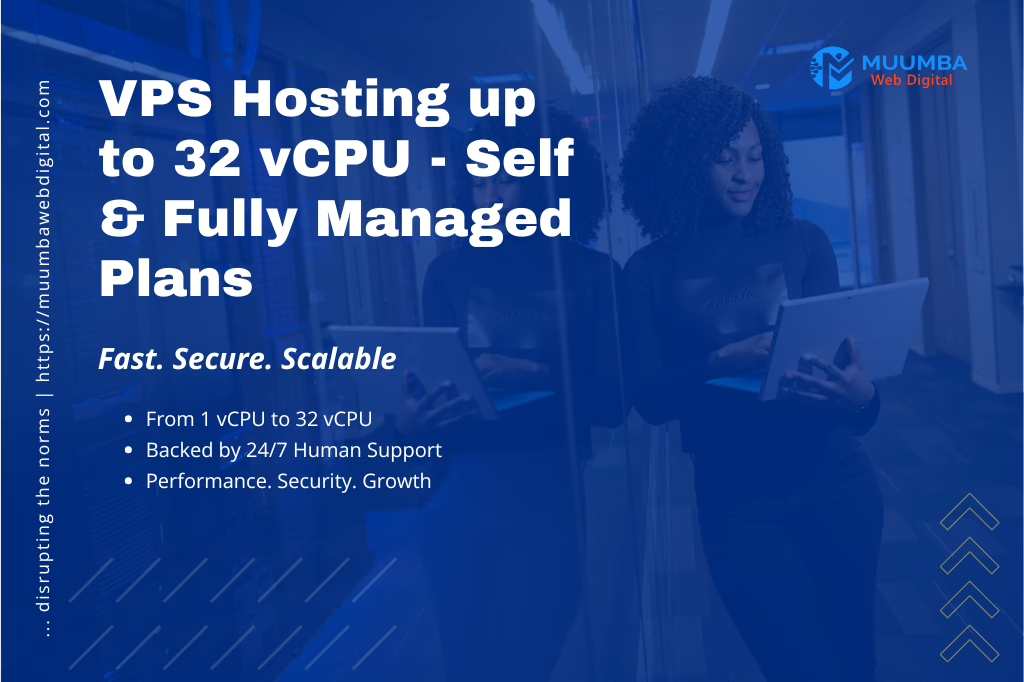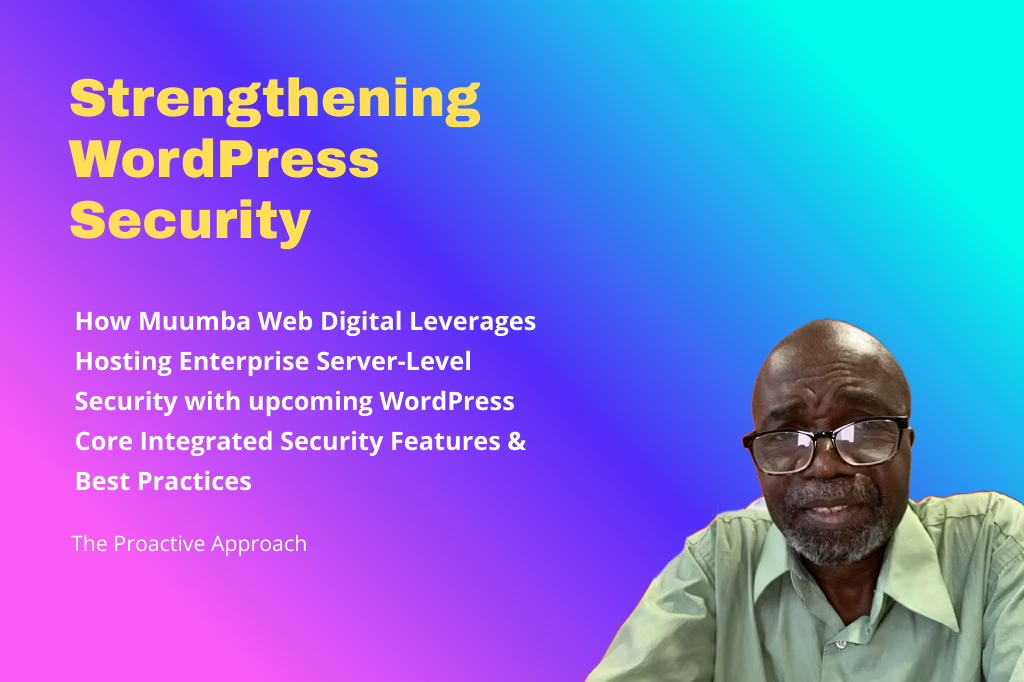
Navigating the Modern World: An Entrepreneur’s Guide to Cynicism, Skepticism, and Rationalism
Discernment Over Fear. The Entrepreneur’s Inner Compass. How we respond to risk defines whether we stagnate or evolve
In today’s era of misinformation and distrust, entrepreneurs must master the balance of cynicism, skepticism, and rationalism to build a brand that inspires trust and drives long-term success.
Introduction: The New Currency of Trust
We live in a time when trust has become both the most valuable and the most scarce resource. Political disillusionment, corporate scandals, and media manipulation have created a marketplace where customers, employees, and even family members are increasingly guarded and cautious.
For today’s entrepreneur, this isn’t just background noise. It’s the playing field. Launching a successful brand now requires more than an innovative product or service. It demands authenticity, credibility, and the ability to inspire confidence in a skeptical world. To navigate this climate, entrepreneurs can draw upon three powerful mindsets: cynicism, skepticism, and rationalism. When balanced, these traits can sharpen judgment, improve decision-making, and strengthen brand positioning. When misused, they can just as easily damage relationships and stall growth.
1. Cynicism: The Double-Edged Sword of Distrust
Definition:
Cynicism assumes that people are primarily motivated by self-interest. While often viewed negatively, when used with restraint, it can serve as a protective filter.
Constructive cynicism recognizes that people and systems are often motivated by self-interest. For entrepreneurs, this perspective isn’t about negativity. It’s about clarity. It equips you to see beyond surface-level promises, protect your vision from unreliable partnerships, and navigate past overhyped trends or hidden agendas with confidence.
The Benefits:
- Protects from exploitation: Helps you recognize unrealistic promises or hidden agendas.
- Strengthens contract terms: Encourages mutually beneficial agreements.
- Enhances risk management: Keeps your eyes open for potential pitfalls.
The Risks:
- Destroys trust: Can create an atmosphere of suspicion in your team.
- Alienates customers: Overly cynical branding can come off as cold or dismissive.
- Limits collaboration: May lead to missed partnerships if you assume bad intentions too quickly.
Business Note:
A measured amount of cynicism is not about assuming the worst—it’s about designing safeguards so that everyone benefits from success.
2. Skepticism: The Engine of Smart Decision-Making
Definition:
Skepticism is the demand for evidence before belief. It isn’t about rejection. It’s about validation. Skepticism is the discipline of questioning claims, seeking evidence, and reserving judgment until proof is clear. Unlike cynicism, it isn’t rooted in doubt. It’s driven by curiosity, critical thinking, and a commitment to clarity.
The Benefits:
- Improves due diligence: Protects against hype-driven decisions.
- Elevates credibility A skeptical brand asks the right questions before making claims.
- Encourages fact-based marketing: Builds consumer trust in data-heavy industries.
The Risks:
- Analysis paralysis: Over-questioning can stall action.
- Missed opportunities: Perfect certainty rarely exists in fast-moving markets.
Example:
When a marketing agency promises “guaranteed viral growth,” a healthy skeptic asks for proof: case studies, metrics, and independent reviews. This keeps decisions grounded in reality.
3. Rationalism: The Blueprint for Sustainable Growth
Definition:
The Benefits:
- Optimizes operations: Creates systems that scale efficiently.
- Drives long-term planning: Informs strategic roadmaps with data.
- Strengthens brand positioning: Builds a reputation for reliability.
The Risks:
- Can feel impersonal: Overreliance on logic may alienate customers emotionally.
- May overlook creative opportunities: Not all innovation follows a rational formula.
Business Note:
A purely rational brand may run like clockwork. But human connection remains essential to loyalty and advocacy.
Case Study in Failure: Blockbuster’s Rationalist Overreach
Blockbuster’s leadership, committed to a rigid, rationalist model, dismissed Netflix as a small niche player. Their confidence in late fees and in-store rentals blinded them to the cultural shift toward on-demand convenience. By ignoring consumer behavior trends and dismissing creative business model changes, Blockbuster went from industry leader to cautionary tale.
Blockbuster’s collapse shows how rationalism without adaptability can be fatal. Confident in their profitable in-store rental model and dismissive of Netflix’s streaming approach, they failed to see the cultural move toward convenience and instant access. By ignoring emotional customer frustrations and clinging to rigid data points, they missed the chance to innovate, transforming from market leader to cautionary tale.
Case Study in Success: Patagonia’s Strategic Balance
- Skepticism: Patagonia questions the norms of fast fashion, fueling deep commitments to sustainability and ethical production.
- Rationalism: They have a vertically integrated supply chain and a repair program that extends product life.
- Cynicism (used cleverly): Their “Don’t Buy This Jacket” campaign challenges consumerism and appeals to customer cynicism about greenwashing - building trust rather than eroding it.
As a leader in purpose-driven marketing, Patagonia expertly applies a strategic blend of skepticism, rationalism, and cynicism, not to confuse consumers, but to build their trust and values-alignment. Their 2011 “Don’t Buy This Jacket” campaign famously urged shoppers to rethink consumption, playing on cynicism toward overconsumption while reinforcing their commitment to sustainability through actions like repair and recycling programs (read more about this in the article “Unconventional Pantagonia Marketing Solutions“).
At the same time, their vertically integrated supply chain and initiatives like Worn Wear showcase rationalism by extending product lifespan and reducing waste, while their mission-driven activism reflects a deep, principled skepticism about fast-fashion norms, driving brand authenticity and customer loyalty.
Building Your Entrepreneurial Toolkit
The modern entrepreneur’s advantage lies in mastering these three forces:
- Use cynicism to protect.
- Use skepticism to validate.
- Use rationalism to build.
In today’s climate, customers reward brands that prove their values, motives, and operations are trustworthy. At Muumba Web Digital, we help entrepreneurs not only develop powerful branding strategies but also align mindset with market realities. That means identifying strengths, mitigating biases, and building brand stories that inspire confidence.
Balancing the three mindsets
Entrepreneurs who succeed don’t lean too hard on any single mindset. They orchestrate cynicism, skepticism, and rationalism like a well-tuned engine. Cynicism, when used with precision, acts as a protective lens, shielding the venture from naïveté without breeding toxicity. Skepticism, when paired with deadlines and experimentation, fuels refinement without stalling momentum. Rationalism, the compass of logic, must be anchored in the messy realities of emotion, uncertainty, and imperfect data.
The Muumba Web Digital Method:
- Start with Cynicism to scan for threats and worst-case pitfalls.
- Layer in Skepticism to challenge assumptions through feedback and testing.
- End with Rationalism to make decisions that are both evidence-based and intuitively sound.
Success isn’t about choosing one mindset. It’s about knowing when to deploy each. Entrepreneurs who master this triad build ventures that are resilient, adaptive, and grounded in both logic and lived experience.
Ready to build a brand that balances logic with heart?
Contact Muumba Web Digital today to discover how we can help your business thrive in a skeptical world.




